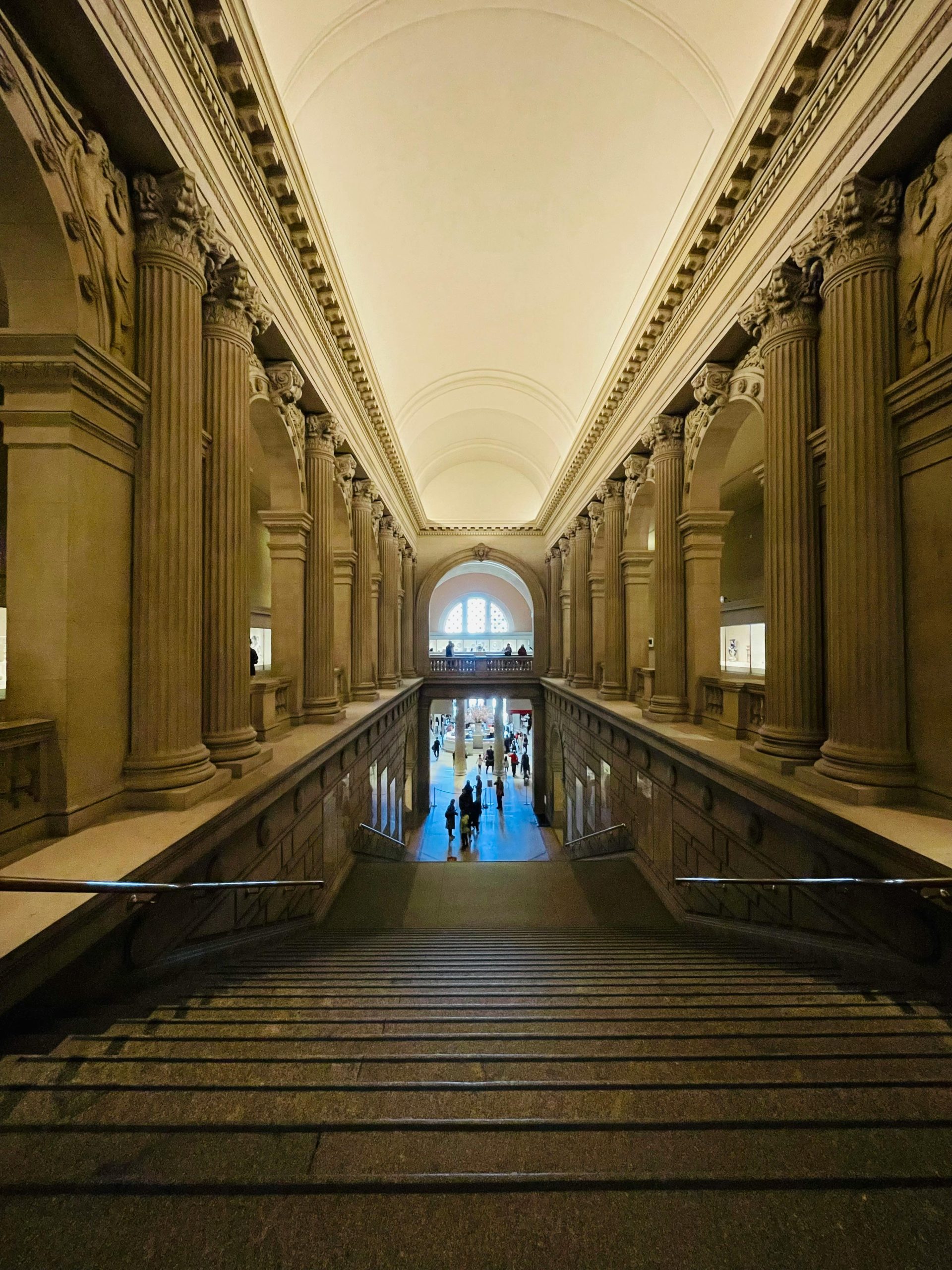I Just Discovered a Chilling Fact About AI That Everyone Seems to Overlook
The Hidden Cost of AI: Losing Our Ability to Experience True Boredom
In recent years, artificial intelligence has revolutionized the way we live, work, and connect. But beneath these advancements lies a less discussed concern that could profoundly impact our creative spirit: the erosion of boredom as a catalyst for innovation.
When was the last time you truly experienced deep, unstructured boredom? That sluggish moment where your mind drifts aimlessly, without any digital distraction? Chances are, it’s been a while. Today’s constant connectivity ensures that as soon as boredom begins to creep in, our instinct is to reach for our phones. With AI and personalized algorithms ready to entertain us instantly, the need for stillness or mind-wandering diminishes further.
This shift is more alarming than it seems. Historically, moments of boredom have been the fertile ground for creativity. Think about Albert Einstein taking long walks that sparked groundbreaking theories, or J.K. Rowling dreaming up Harry Potter during a delayed train ride. Charles Darwin’s evolutionary ideas often emerged during his daily walks. These insights came precisely because their minds had space to wander, connect ideas, and explore new possibilities.
Our human evolution is intertwined with this capacity to be bored—to imagine, to ponder, to create. It’s a fundamental part of what makes us uniquely human. Yet, AI – with its ceaseless patience and boundless creativity – is effectively becoming the perfect antidote to boredom. Its presence means that we rarely face those quiet moments of stillness where inspiration bubbles up.
The troubling paradox is this: AI, having been trained on human creativity, relies on the very moments of boredom that sparked that creativity in the first place. If we become so averse to boredom that we’re perpetually entertained, we risk silencing the creative voice that drives innovation. Without those quiet, contemplative periods, what new ideas will AI have to learn from? What happens to the cycle of human creativity?
We might be approaching a turning point where the most inventive species in the universe — us — outsource the very essence of what makes us innovative. By solving boredom with endless entertainment, we could be unknowingly stifling our ability to create and imagine.
As we stand at this crossroads, it’s worth asking: are we willingly walking into a future where boredom, a vital spark of human ingenuity, becomes a thing of the past? The consequences of that choice may be more profound than we realize.














Post Comment